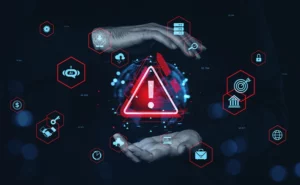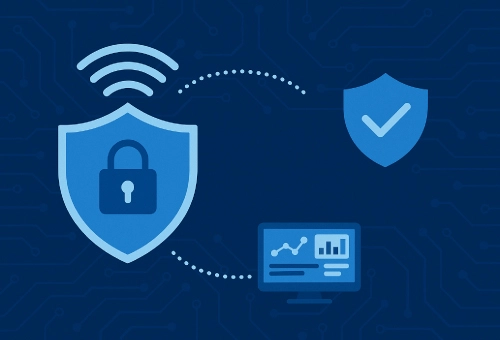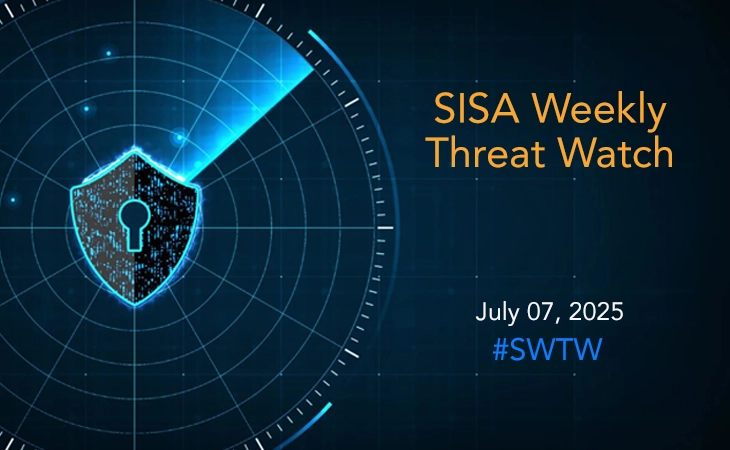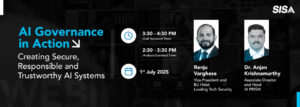

Bridging the Cybersecurity Skill Gap in the Payments Industry
Explore the critical cybersecurity skill gap within the payments sector, understanding its causes and discovering how targeted training and certification can empower professionals against evolving threats.
In the rapidly evolving digital world, the cybersecurity threats facing the payments industry are becoming more sophisticated and frequent. This escalation poses a critical question: why is there a significant struggle to recruit enough skilled defenders? The challenge extends beyond a mere numerical deficit to a nuanced gap in expertise, readiness, and agility needed to counter these threats. This blog post explores the multifaceted nature of the cybersecurity skill gap in the payments sector, highlighting the urgent need for a strategic approach to talent development and training.
1. Lack of qualified talent
Within the escalating demands of cybersecurity, a pressing challenge emerges not just from the sheer quantity but the quality of available talent. A staggering 43% of organizations attribute the skill shortage to the scarcity of qualified professionals. The global cybersecurity workforce gap has ballooned by 26.2% to 3.4 million since 2021, signifying a mismatch between demanded expertise and applicants’ qualifications. This widening gap underscores the urgent need for businesses to invest in employee training and skill growth to match the expanding threat landscape.
2. Absence of on-the-job training
Surprisingly, the second piece of this puzzle is the startling absence of on-the-job training. In an industry where change is constant, continuous training isn’t just beneficial—it’s imperative. Astonishingly, only 55% of executives prioritize cybersecurity training for existing staff over hiring new talent. This discrepancy between acknowledgment and implementation exacerbates the skill gap further.
3. Lack of diversity
Diversity, or the lack thereof, constitutes the third challenge in cybersecurity. A homogeneous team limits perspectives and solutions. While women in cybersecurity jobs have increased to 25% globally in 2022 from 10% in 2013, more strides are needed. Discrimination, lack of awareness, and insufficient encouragement for cybersecurity as a career contribute to this imbalance. Diverse viewpoints aren’t just about equity; they provide tactical advantages in countering threats.
4. Absence of agile skillsets
Lastly, the rapid evolution of cyber threats necessitates agile skillsets that can pivot as swiftly as the threats themselves. Traditional cybersecurity education often focuses on established threats, leaving defenders vulnerable to innovative attacks. For instance, the 2022 Beanstalk Farms heist exploited a novel vulnerability, resulting in a $180 million cryptocurrency theft. This incident underscores the liability of a static skillset in the face of dynamic threats.
Pathways to empowerment
- Certification as a keystone: In bridging the talent gap, the value of cybersecurity certifications cannot be understated. These credentials are more than mere qualifications; they represent a deep understanding of the current threat environment. Certified professionals bring fresh insights and strategies, bolstering the industry’s defenses.
- SISA Institute’s role: As the first payment data security certification body globally accredited by ANAB (ANSI National Accreditation Board), SISA Institute exemplifies commitment to excellence. Our CPISI, CPISI-Advanced, and CPISI-Developers certifications are designed to meet top industry standards, enhancing our credibility and fostering a community of skilled professionals.
- A collaborative effort: As we navigate the complexities of the cybersecurity skill shortage, it’s clear that a collaborative approach is essential. By emphasizing continuous learning, diversifying our talent pool, and prioritizing certification, we can build a resilient defense against cyber threats. SISA Institute is dedicated to this cause, offering comprehensive training and certification to equip professionals with the necessary skills to protect the payments industry.
Conclusion
The cybersecurity skill gap in the payments industry poses a significant challenge, but it also offers an opportunity for strategic intervention. By focusing on continuous training, fostering diversity, and valuing certification, we can not only bridge this gap but also strengthen our defenses against an ever-evolving threat landscape. Partner with SISA Institute to empower your team, enhance your security posture, and ensure the integrity of the digital payments ecosystem.
Explore an in-depth analysis of the cybersecurity skill shortage crisis and discover effective strategies to combat it head-on, in our comprehensive whitepaper on The Tipping Point: Bridging the Cybersecurity Skill Gap in the Payments Industry Through Accredited Training.
Latest
Blogs
Whitepapers
Threat-a-Licious
Customer Success Stories

SISA is a Leader in Cybersecurity Solutions for the Digital Payment Industry. As a Global Payment Forensic Investigator of the PCI Security Standards Council, we leverage forensics insights into preventive, detective, and corrective security solutions, protecting 1,000+ organizations across 40+ countries from evolving cyberthreats.
Our suite of solutions from AI-driven compliance, advanced security testing, agentic detection/ response and learner focused-training has been honored with prestigious awards, including from Financial Express, DSCI-NASSCOM and The Economic Times.
With commitment to innovation, and pioneering advancements in Quantum Security, Hardware Security, and Cybersecurity for AI, SISA is shaping the future of cybersecurity through cutting-edge forensics research.
Company
Resources
Quick Links
Copyright © 2025 SISA. All Rights Reserved.
 USA
USA India
India APAC
APAC Middle East
Middle East Global
Global





 Facebook
Facebook Linkedin
Linkedin  X
X Youtube
Youtube





